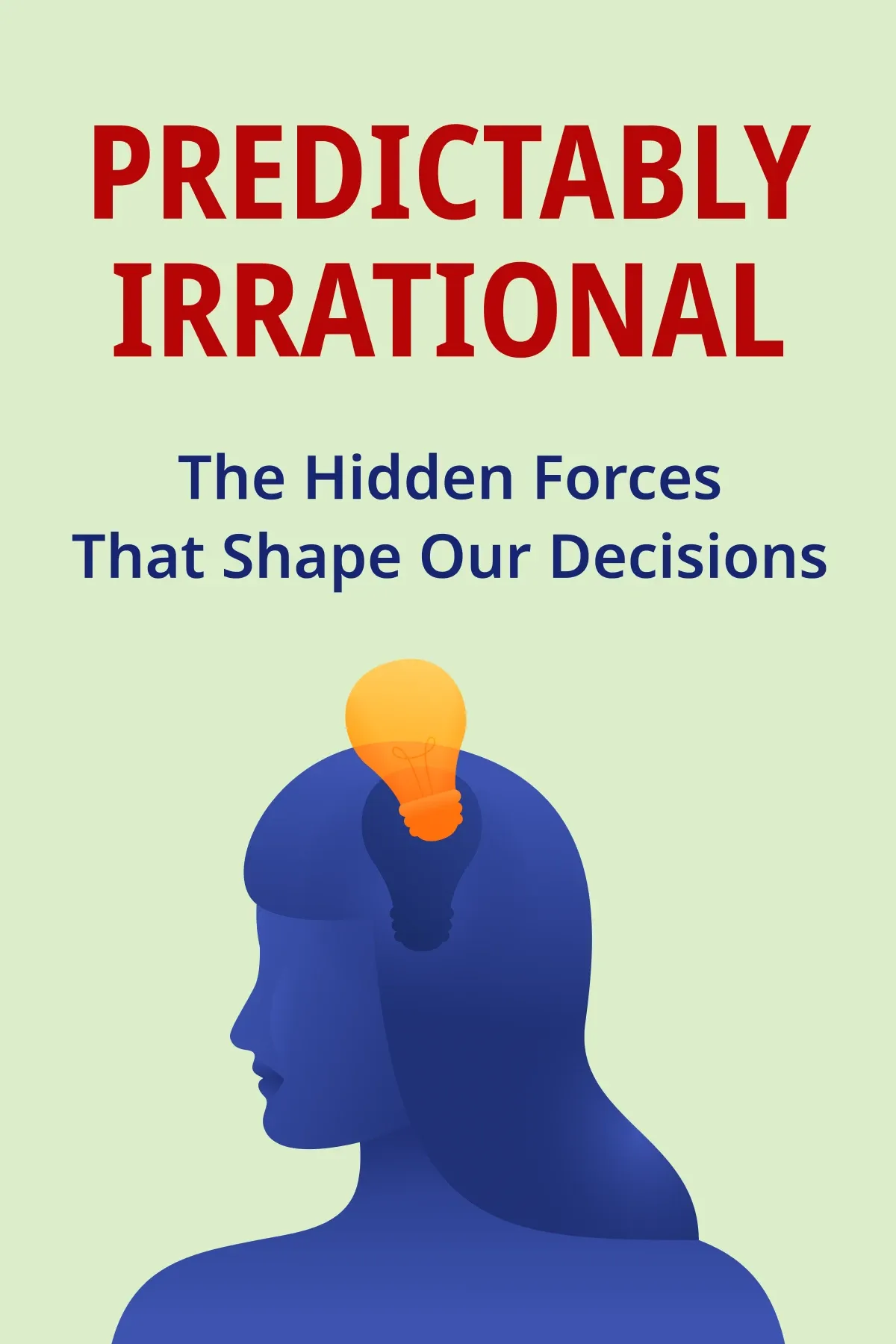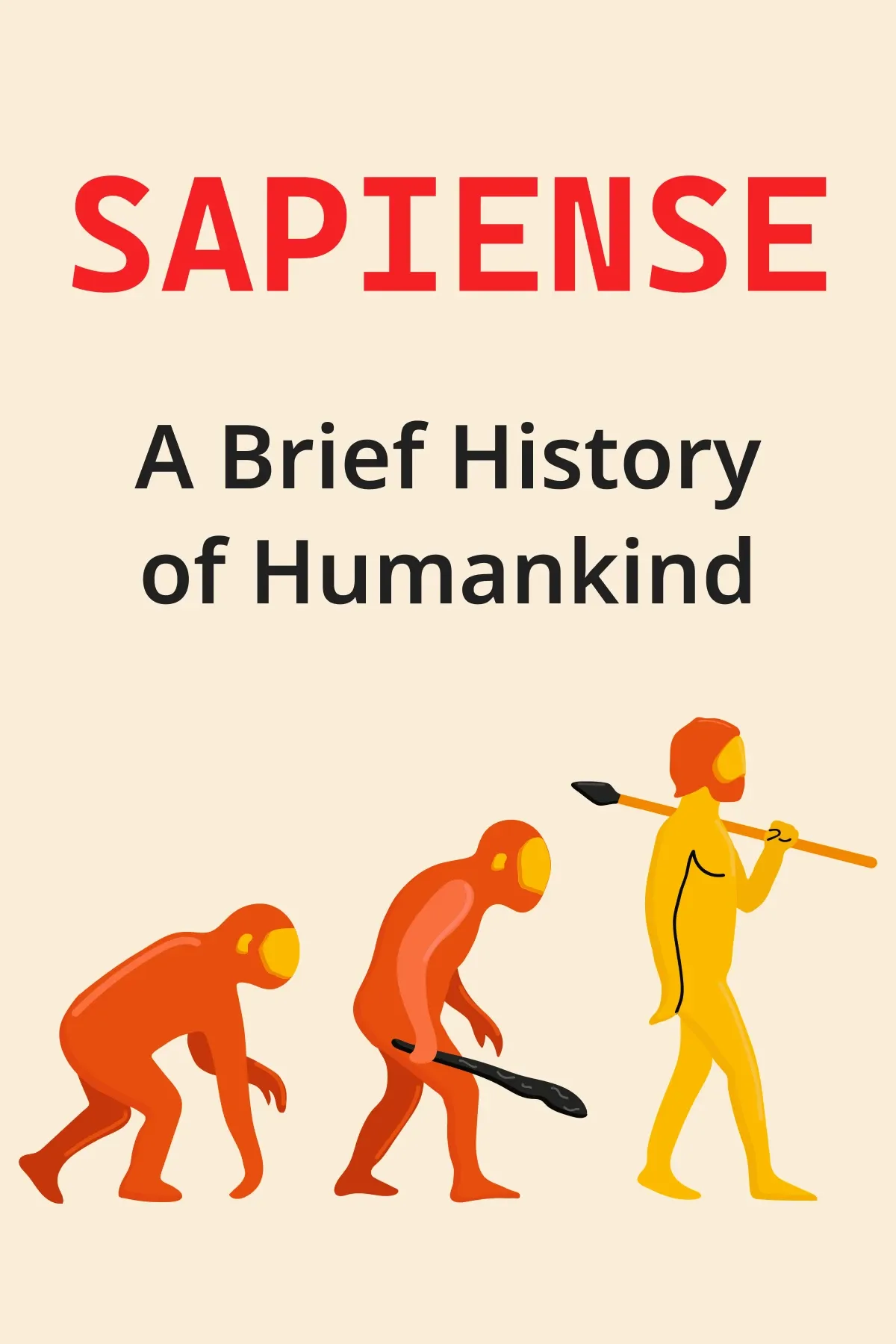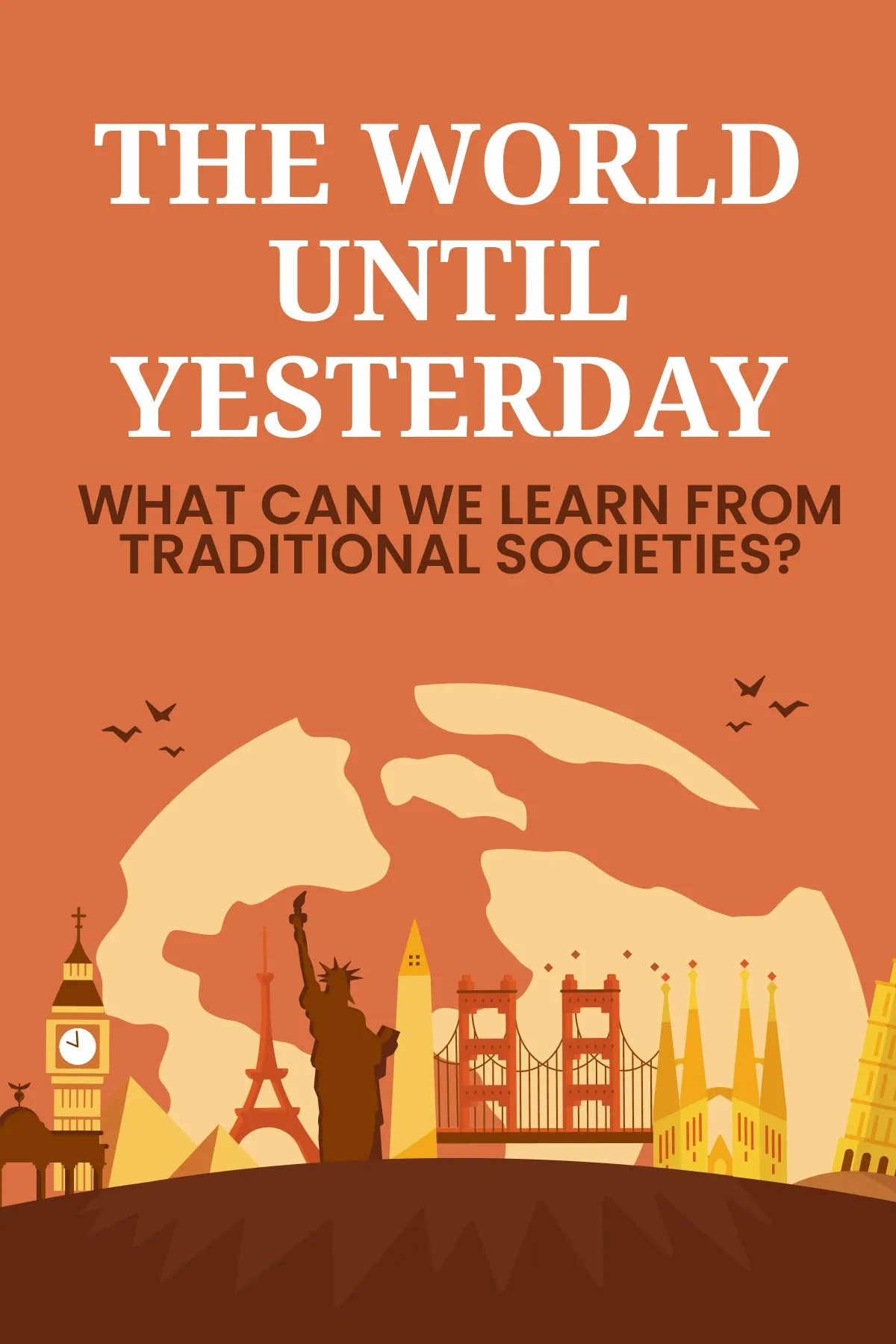
Enlightenment Now
Brief Summary
The world doesn’t stand in place – it is constantly changing. But the period of the Enlightenment probably affected our lives the most during human history. Steven Pinker's “Enlightenment Now” tells us how it improved our lives and why it’s essential to understand.
Key points
Key idea 1 of 8
You’ve probably heard of the Enlightenment from school. It’s a period in European history that started at the beginning of the eighteenth century. The Enlightenment’s most profound characteristic was drastic societal changes. It took a step away from the ignorance and terror of the previous era. That’s why it’s also sometimes called the “age of reason.” At its core, Enlightenment is built upon four ground principles.
The first one is reason. The Enlightenment became the first time in history when people tried to uncover the actual reason behind everything. Previously, you couldn’t openly argue with the church, authorities, and commonly accepted beliefs. During the Enlightenment, thinkers began to question God’s existence and look for other possibilities to explain the world and its creation.
Another thing that shaped the era of the Enlightenment was new scientific knowledge. A lot of things that we nowadays take for granted were groundbreaking novelties for that time. Take the fact that the Earth revolves around the sun and not the other way around. Or that lightning bolts were a natural phenomenon rather than an act of God. Science allowed people to explain things previously surrounded by mysticism and fear. One can say that science is a consequence of reason. Essentially, it's an instrument for proving or disproving reason.
Another principle of the Enlightenment period is humanism. It is the idea that every person is important as an individual rather than a nameless part of a group. Every individual has the right to pursue happiness as long as they don’t obstruct others’ freedom. Humanism states that any personal choice and self-expression shall be cherished, nurtured, and respected by society. Humanism was a big step away from the barbarian norms and practices of the previous era. Theoretically, things like torture and slavery that were common at that time contradicted the nature of humanism.
Last but not least, progress was also a defining ideal of the Enlightenment. In this context, however, it doesn’t necessarily mean technological progress. Instead, progress refers to improvements in the quality of life. Such developments would provide more freedom and opportunities not just for the wealthy but for the general population, like schools, healthcare, and new laws.
FAQ
You may also like these summaries










